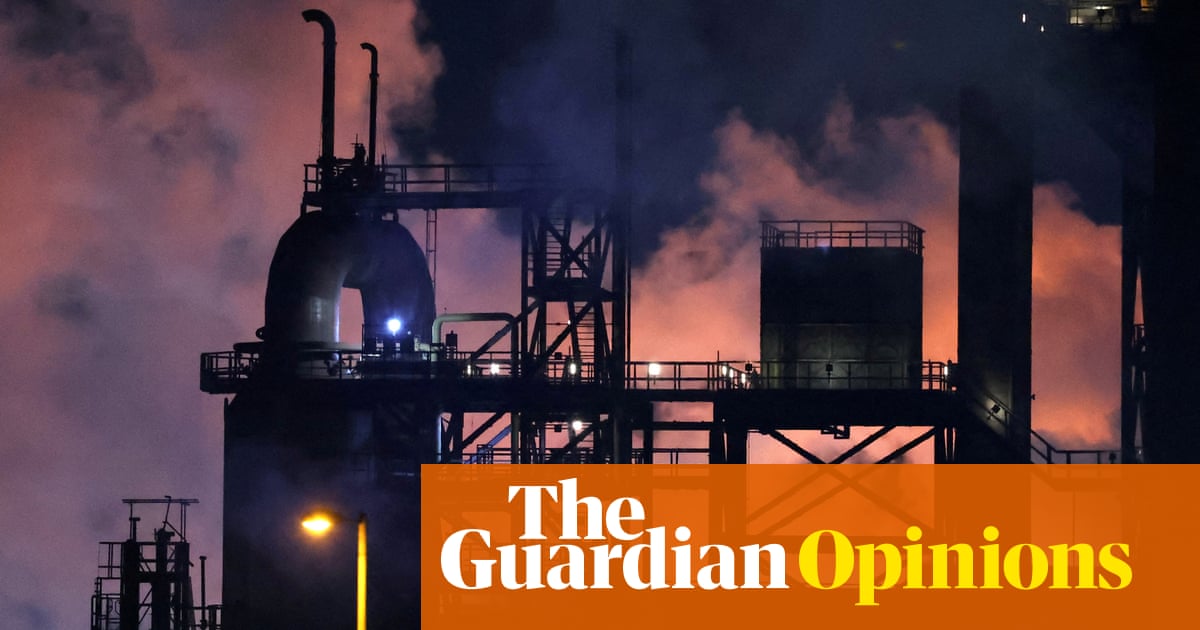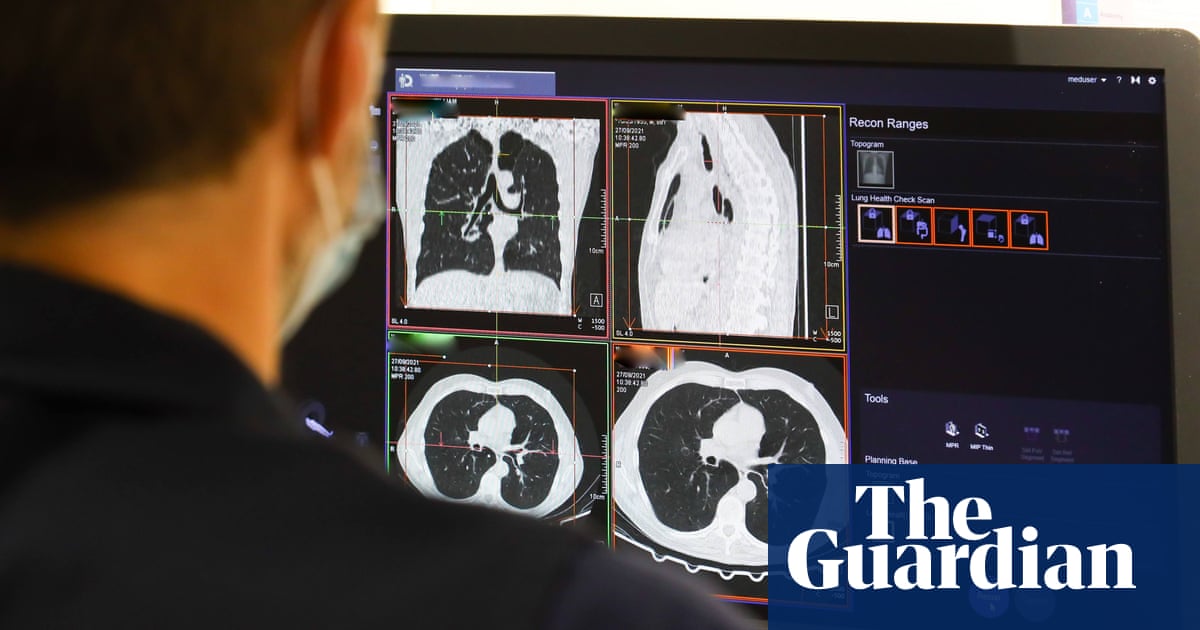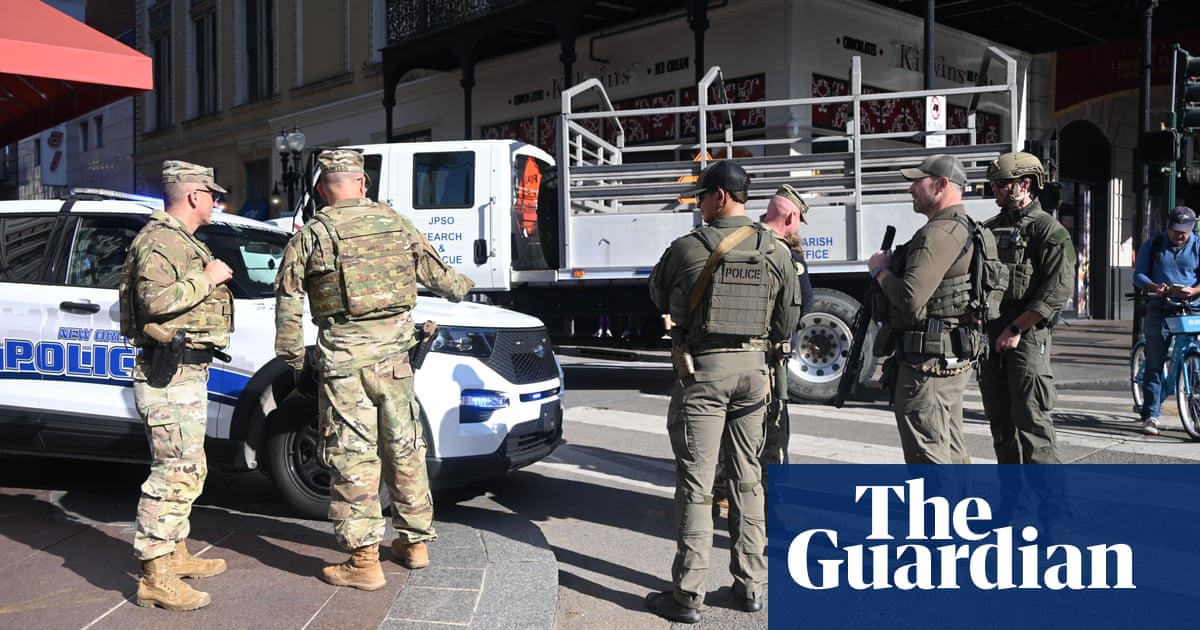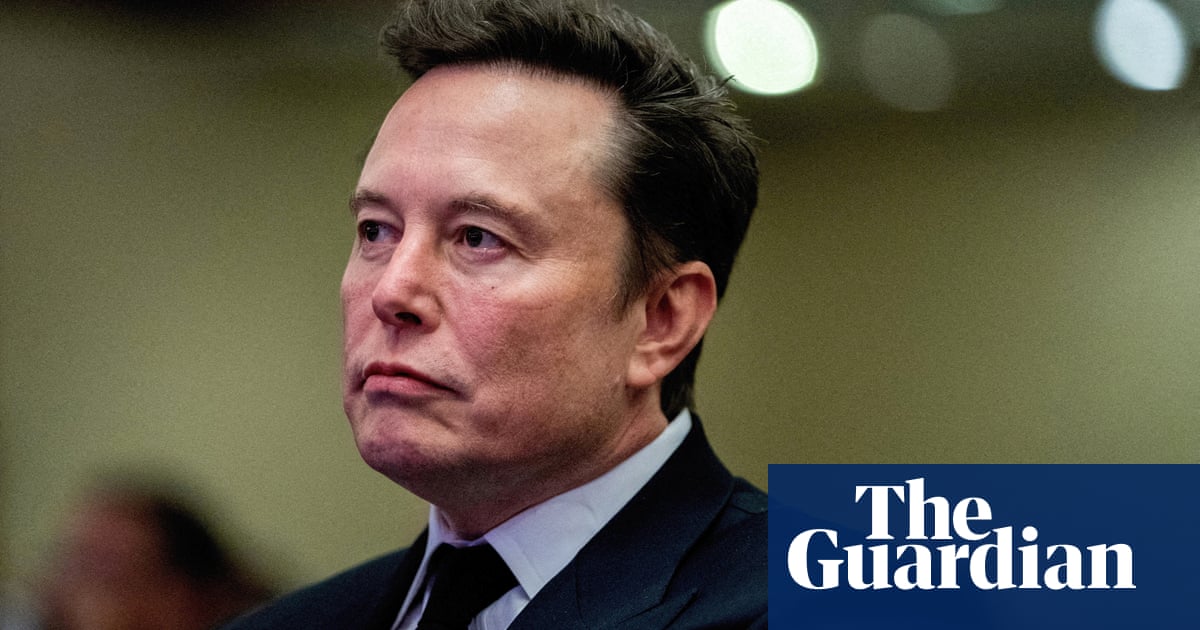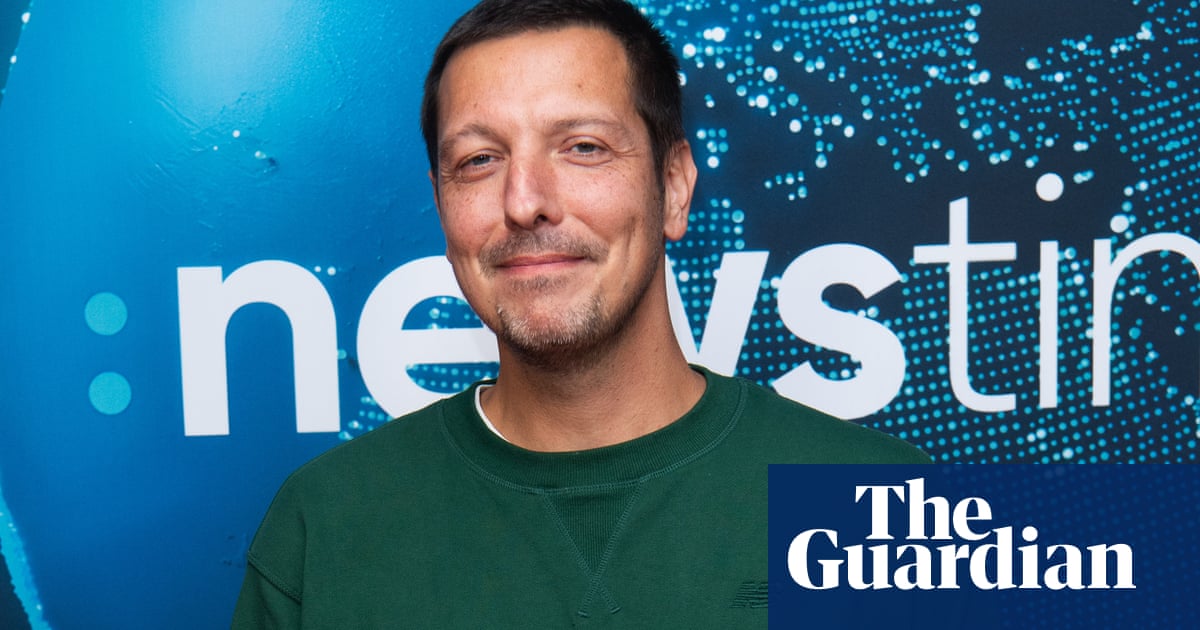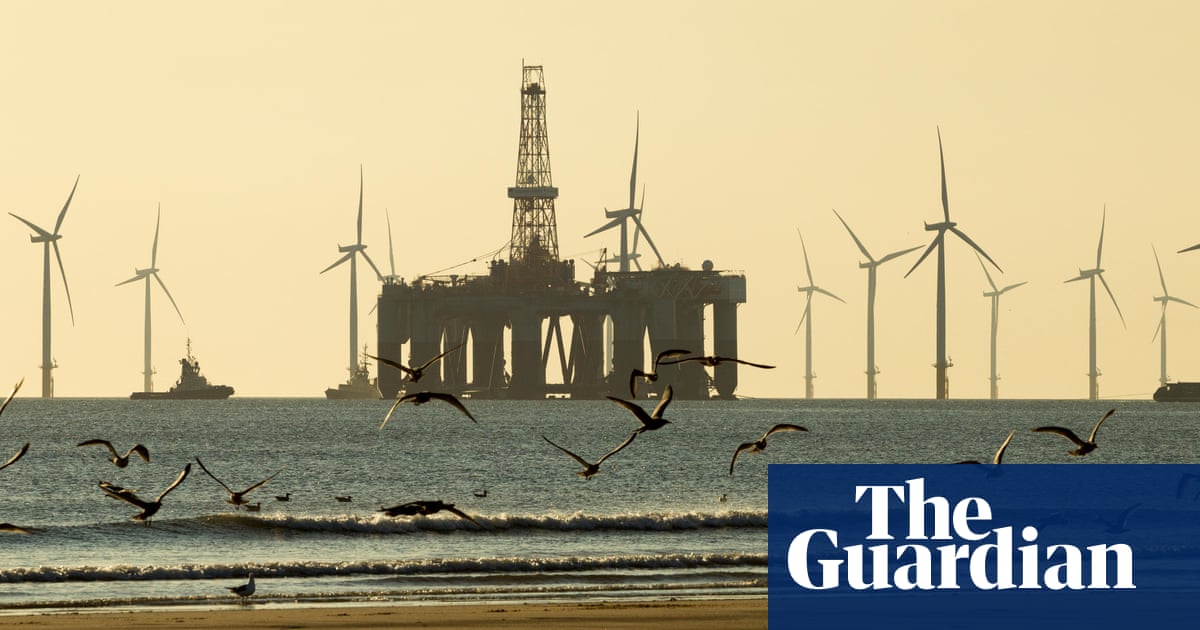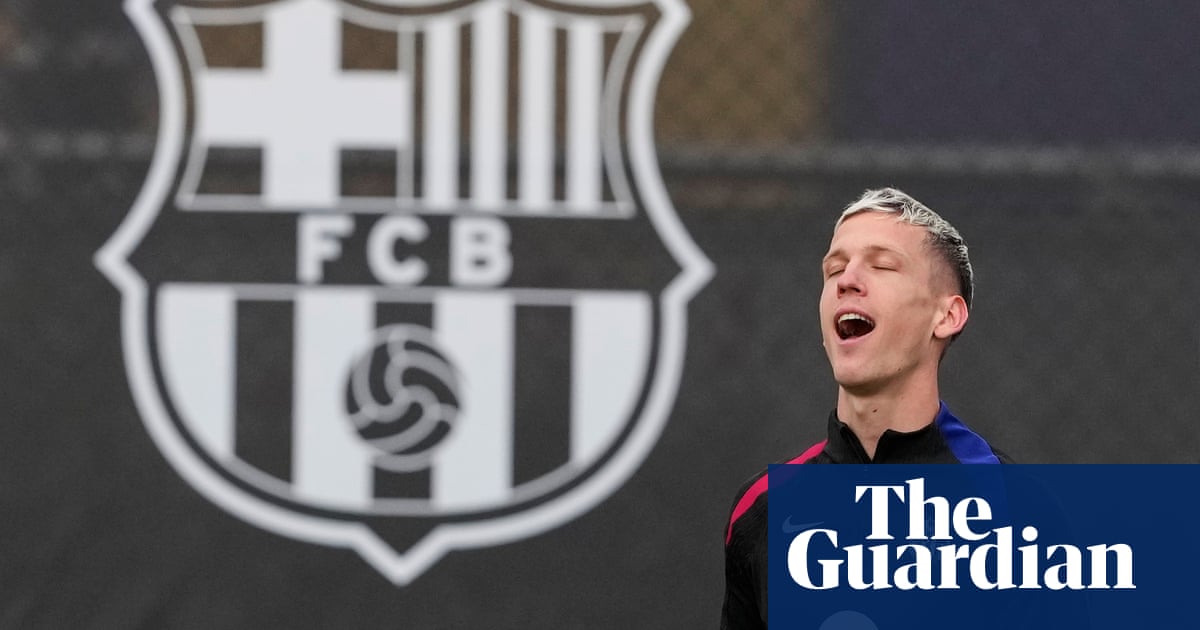Criticism of the Israeli government and calls for tolerance and a commitment to a two-state solution were the major themes of an event in London on Sunday organised by the left-leaning Israeli newspaper Haaretz.
The conference, titled Israel After October 7th: Allied or Alone?, featured speakers from across Israeli and UK politics, academia and media. It served in part to show the extent to which some members of the Jewish diaspora have been traumatised not just by the horrors of 7 October but also the response of Benjamin Netanyahu’s government.
Haaretz’s publisher, Amos Schocken, opened the event by saying the Israeli government was so disastrous and had so distorted Zionism that the only recourse lay in the international community applying sanctions, just as it had done to change apartheid South Africa.
David Davidi-Brown, the chief executive of the New Israel Fund, one of the event’s other organisers, said: “We can support Israel and stand against the extremism of Israel’s government.”
Ironically, given how many of the speakers were critical of the Israeli government’s conduct, conference-goers were met outside the JW3 community centre in north London by a pro-Palestinian demonstration.
Some attenders were keen to make clear that the diaspora was not simply an extension of the Netanyahu government, seen as the most rightwing in Israel’s history.
Mick Davis, a former Conservative party chief executive and former leader of the Jewish Leadership Council, said: “When people like me want to speak about peaceful settlement with the Palestinians, fairness in society, I’m looked upon as if I’m a complete idiot or I’m speaking stuff which is inappropriate to be speaking.
“Israel’s existential threat is entirely internal and not external,” he added. “The issue is not 7 October,” he said, but “the relationship to the Palestinian people” and the fact that the “occupation is corrosive in every sense in Israeli society”.
In a day of striking speeches, perhaps the most compassionate came from Dr Sharone Lifschitz, whose parents were taken by hostage by Hamas. Her 86-year-old mother, Yocheved, was among the first hostages to be freed but her 83-year-old father, Oded, remains in the tunnels.
“While people have said that the other side are murderers and beasts and have no heart and have lost all signs of humanity, in effect we depend on their humanity,” she said. “The survival of our loved ones depends on their humanity. It’s this shared humanity that we must hold on to.”
Her mother, on being released, famously shook the hands of her captors. Lifschitz said: “That is not all she did. She looked really clearly into her captors’ eyes, and in that look is a demand – to acknowledge shared humanity.”
She said Israel had made it impossible for the people holding her father and the other hostages to make good choices, and she feared that the “illusion that liberal democracies are safe is crashing in front of our eyes”.
The Labour peer Michael Levy noted that his 28-year-old cousin Emily Damari was still being held hostage. Saying he hoped to become proud of Israel again in his lifetime, he argued that the deadly conflict in the region had resulted in a “divided Israel, divided world Jewry and divided world opinion on Israel”.
Surveying the devastation in the region, he said: “Frankly things are just out of control.” He admitted he had been screamed at by some over Labour’s criticism of Israel, but he was sure Labour leadership was not anti-Israel but for a Palestinian state.
When the Middle East minister, Hamish Falconer, spoke he was unflinching in defending the steps Labour had taken, including withholding arms export licences, saying: “Everything we do is based on international law.”
Many speakers urged Labour to do more. Ayman Odeh, the leader of Israel’s Arab-Jewish party Hadash, said the UK government must “end all military, financial and diplomatic support” provided to the Netanyahu government.
“Palestinians themselves are looking for a different future, and therefore it underlines the urgency of ending the conflict and establishing a new reality for Gaza, one which provides Israel with the security it needs, and Palestinians in Gaza with the ability to govern themselves effectively, and that is what we must all work towards,” Odeh said.
Naama Lazimi, a member of the recently formed Democrats in the Knesset, singled out Israel’s far-right national security minister, Itamar Ben-Gvir, for criticism, accusing him of undermining the independence of the police and destroying Israeli values of pluralism.
Many in the audience wanted to know what more the UK could do to try to influence a society that seemed blind to what was happening in Gaza. Alistair Burt, the Conservative former Middle East minister, said it was easy to exaggerate the UK’s influence but suggested pressing Israel harder to allow reporters access to Gaza.
He also struck a note of realism about Hamas. “Everyone knows it’s not going to be destroyed. Everyone knows that, and therefore there has to be other answers,” he said. “But … then the question is: what is going to happen next, and what Israel strategy will be for the future?
“Then the United Kingdom should be unequivocal. A strategy which involves expelling the Palestinian population, either from Gaza or the West Bank, is not acceptable to the United Kingdom, and it needs to make it clear it will not support such a policy.”
Critics will say the event was a throwback to an Israel that has gone, destroyed by demography, Hamas extremism and Netanyahu’s populism. The most senior Israeli politician present was the former prime minister Ehud Olmert. The Israeli ambassador to the UK was not present.
The organisers insisted the event reflected a true cross-section of the Jewish diaspora, and as speaker after speaker said, no one has any other solution but two states eventually living side by side.
Lazimi reminded her audience: “A two-state solution – a Jewish state and a Palestinian state – might look far away now, but peace is made between enemies.”

.png) 2 months ago
19
2 months ago
19


